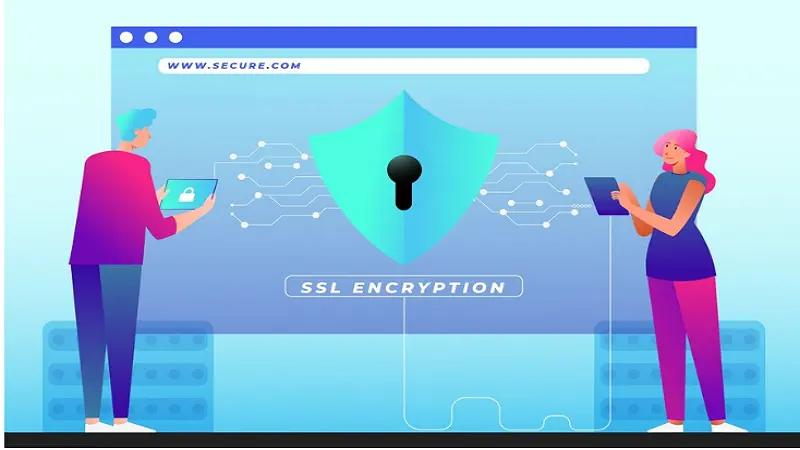The rapid digitization of our world has made cybersecurity an indispensable aspect of modern business and personal life. Keeping your data and systems secure is crucial whether you’re a multinational corporation or a small business. Central to this is effective vulnerability management, which helps identify, classify, and mitigate vulnerabilities in your system. Effective cybersecurity protects sensitive information and ensures business continuity by preventing costly data breaches and cyber-attacks.
Critical Components of Effective Cybersecurity
Robust cybersecurity is not a one-size-fits-all solution. It involves various elements ranging from risk assessment to implementing security measures. Understanding these components can help build a strong cybersecurity framework. Core elements include firewalls, antivirus software, intrusion detection systems, and regular security audits. Every tool has its unique function, creating a complete defense system. For instance, firewalls act as a barrier between your internal and external networks, while antivirus software detects and eliminates malicious software that could compromise your system.
Understanding Threats and Vulnerabilities
Every cybersecurity strategy begins with identifying potential threats and vulnerabilities. Cyber threats constantly evolve, so staying updated on the latest trends and how they could impact your organization is essential. Awareness of past incidents can provide valuable lessons and insights into potential vulnerabilities. Understanding the nature of threats, such as phishing scams, malware, and ransomware, can help develop effective countermeasures and response strategies.
Best Practices for Protecting Your Assets
Implementing best practices can significantly bolster your defenses.
- Outdated software can allow hackers to exploit known vulnerabilities.
- Use strong, unique passwords for all accounts, and consider two-factor authentication for added security. This additional level of protection can stop unauthorized entry even in cases where passwords have been leaked.
- Educate employees on phishing scams and other cyber threats to ensure they recognize and avoid suspicious activities. Regular training sessions and simulated phishing attacks can keep your employees vigilant and keen on cybersecurity risks.
These practices can help minimize risks and enhance your overall security posture. Additionally, it’s crucial to implement a robust data backup strategy to recover data in case of a cyber attack.
Using Technology to Enhance Security
Technological advancements offer numerous tools to strengthen your cybersecurity defenses. Tools like firewalls, antivirus software, and intrusion detection systems are vital to modern cybersecurity strategies. For example, choosing the right antivirus software can significantly protect your systems from malware and other threats. Moreover, adopting AI and machine learning technologies can help predict and identify potential threats in real time, thereby improving the efficiency of your security measures.
Staying Informed and Adapting
The world of cybersecurity is constantly changing. Maintaining a robust defense is vital to stay informed about new threats, technologies, and industry standards. Regularly audit your systems and adapt to new challenges as they arise. Subscribe to cybersecurity newsletters, attend webinars, and participate in industry forums to keep your knowledge up-to-date. Engaging with cybersecurity communities can also provide insights and tips from other professionals in the field, helping you stay ahead of potential threats.
Resource Management and Training
Effective resource management and continual training are essential for a resilient cybersecurity posture. Allocate resources wisely, and invest in regular training sessions for your IT team and employees. Comprehensive training programs can enhance your team’s ability to detect and respond to threats effectively effectively. Regular drills and updates on the latest cybersecurity practices can significantly improve your organization’s defense mechanisms. Additionally, fostering a culture of security awareness among employees can make them proactive participants in maintaining cybersecurity rather than passive observers.
